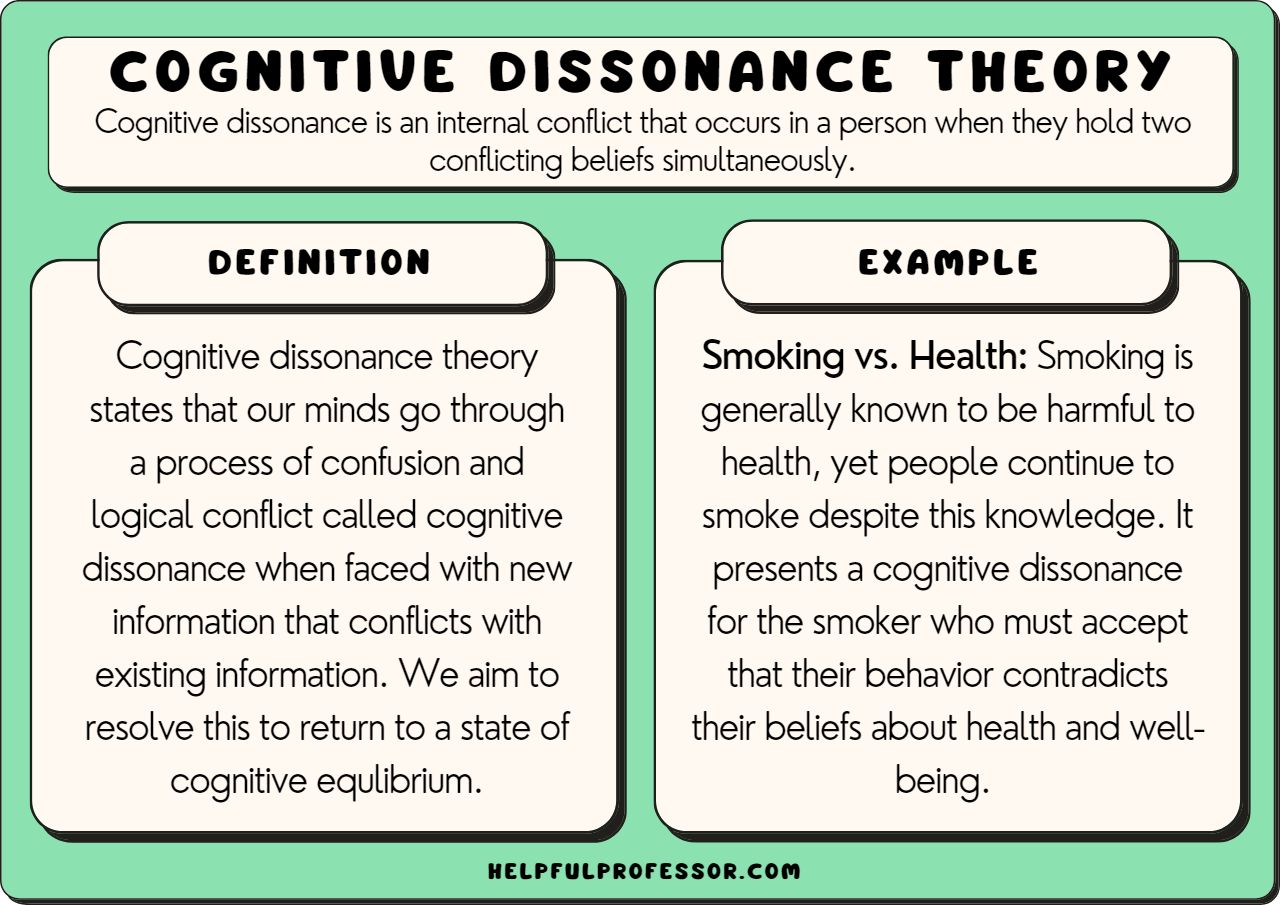Reference

/2795012-what-is-cognitive-dissonance-5afdb76eae9ab800364e4e48.png)


OpenAI's Answer
Experiencing cognitive dissonance during learning is important because it acts as a catalyst for educational growth and personal development. Here are some key reasons why it is beneficial:
-
Enhanced Learning: Cognitive dissonance occurs when students encounter new information that contradicts their existing beliefs or knowledge. This discomfort forces them to reconcile these differences, leading to deeper understanding and integration of new concepts into their knowledge base.
-
Critical Thinking: It encourages students to think critically and independently. When faced with conflicting information, they must evaluate and analyze in order to reduce the dissonance.
-
Open-Mindedness: Engaging with dissonant information helps students become more open to diverse perspectives, fostering a more holistic view of complex issues.
-
Motivation to Learn: The discomfort of cognitive dissonance can be a motivating factor, driving students to seek additional information and refine their understanding to achieve cognitive consonance source.
-
Personal Growth: Resolving cognitive dissonance requires self-reflection, which can lead to personal growth and improved decision-making skills as students align their beliefs and actions with new evidence source.
By effectively managing cognitive dissonance, educators can promote an environment of active learning and intellectual growth, preparing students to adapt and thrive in an ever-changing world.